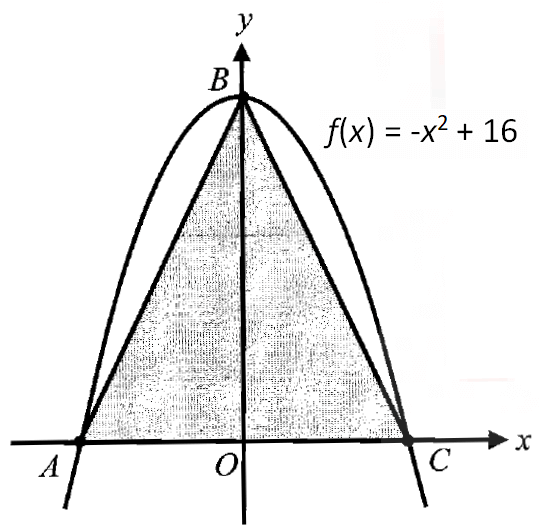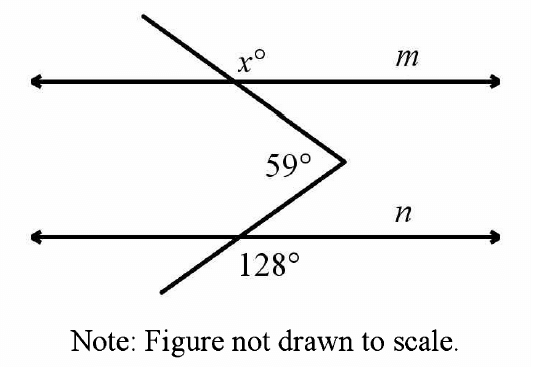DIVISIBILITY RULES
If we want to check whether the number 234 is exactly divisible by 3, we don't have to do the the division process completely.
Without doing the complete division process, we can check whether the number 234 is exactly divisible by 3 using divisibility rules.
Let's see how it is.
Add all the digits in the number 234.
2 + 3 + 4 = 9
9 is a multiple of 3. So the number 234 is exactly divisible by 3.
Hence, the divisibility rule for 3 :
If the sum of all the digits in a number is a multiple of 3, then the number is exactly divisible by 3.
In this way, we can have divisibility rules for other numbers also as following.
Divisibility Rule for 2 :
All even numbers are divisible by 2.
The numbers which have the digits 0, 2, 4, 6 or 8 in one's place are known as even numbers.
If the given number has one of the above digits in one's place, then, the number is divisible by 2.
Divisibility Rule for 3 :
To check whether a number is divisible by 3, we have to add all the digits in the number.
If the sum of the digits is a multiple of 3, then the number is divisible by 3.
Divisibility Rule for 4 :
If the last two digits of a number are zeros or the number formed by the last 2 digits is divisible by 4, then the number is divisible by 4.
Divisibility Rule for 5 :
If a number has 0 or 5 in one's place, then it is divisible by 5.
Divisibility Rule for 6 :
If a number is divisible by both 2 and 3, then it is divisible by 6.
We already know that all even numbers are divisible 2.
Hence, all the even numbers which are divisible by 3 are divisible by 6.
Divisibility Rule for 7 :
A number is divisible by 7, when the difference between twice the digit in one's place and the number formed by other digits is either zero or a multiple of 7.
Divisibility Rule for 8 :
In a number, if the last three digits are zeros or the number formed by the last 3 digits is divisible by 8, then the number is divisible by 8.
Divisibility Rule for 9 :
To check whether a number is divisible by 9, we have to add all the digits in the given number.
If the sum of the digits is a multiple of 9, then the number is divisible by 9.
Divisibility Rule for 10 :
If a number has 0 in one's place, then it is divisible by 10.
Divisibility Rule for 11 :
In a number, if the sum of the digits in odd places and sum of the digits in even places are equal or they differ by a number divisible by 11, then the number is divisible by 11.
Divisibility Rule for 12 :
If a number is divisible by both 3 and 4, then it is divisible by 12.
Divisibility Rule for 15 :
If a number is divisible by both 3 and 5, then it is divisible by 15.
Divisibility Rule for 18 :
If a number is divisible by both 2 and 9, then it is divisible by 18.
Divisibility Rule for 25 :
In a number, if the last two digits are zeroes or the number formed by the last two digits is a multiple of 25, then the number is divisible by 25.
If you would like to have practice problems on divisibility rules,
Kindly mail your feedback to v4formath@gmail.com
We always appreciate your feedback.
©All rights reserved. onlinemath4all.com
Recent Articles
-
Digital SAT Math Problems and Solutions (Part - 143)
Apr 13, 25 12:01 PM
Digital SAT Math Problems and Solutions (Part - 143) -
Quadratic Equation Problems with Solutions
Apr 12, 25 08:21 PM
Quadratic Equation Problems with Solutions -
Digital SAT Math Problems and Solutions (Part - 142)
Apr 11, 25 06:26 PM
Digital SAT Math Problems and Solutions (Part - 142)

